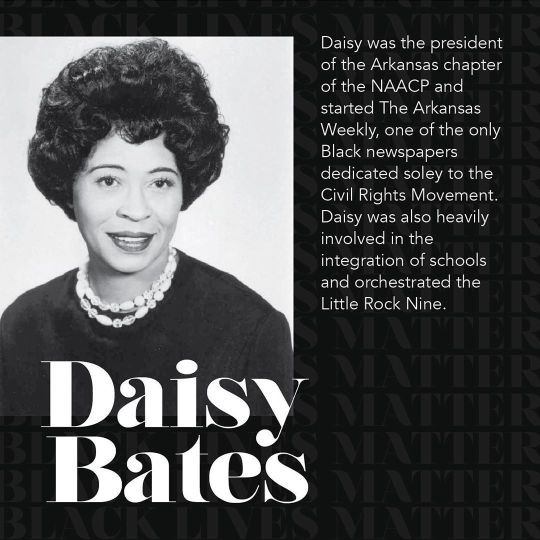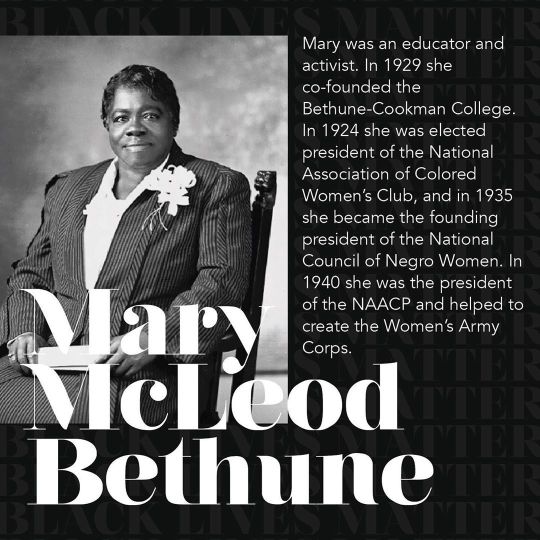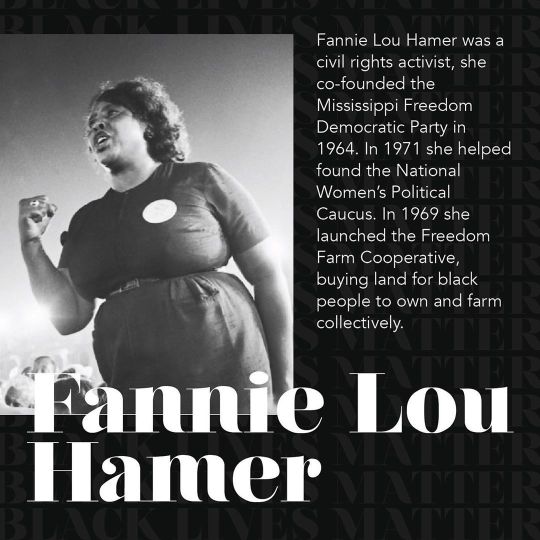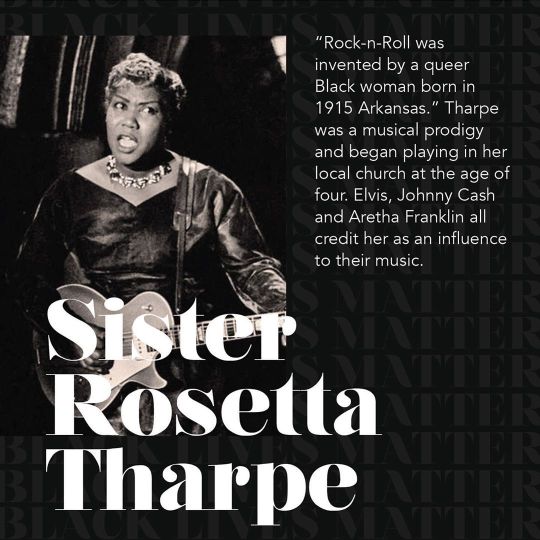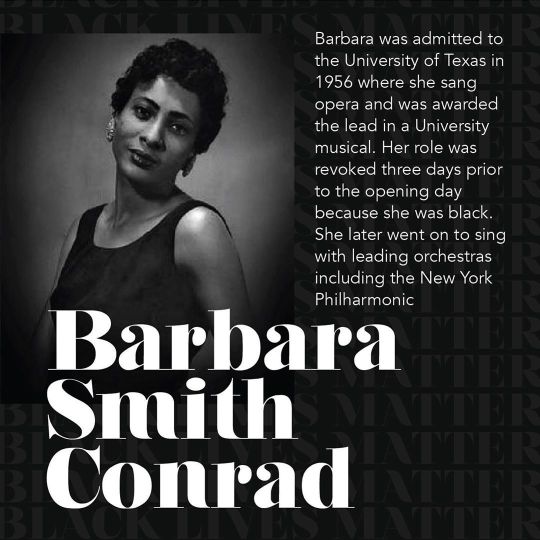Don't wanna be here? Send us removal request.
Text




Dr. Frances Cress Welsing (1935–2016) was a Pan-African psychiatrist, scholar, and author renowned for her groundbreaking work on racism as a global system of oppression. Born in Chicago, Illinois, she earned her medical degree from Howard University and worked as a practising psychiatrist, focusing on mental health in the Black community. Her work sought to uncover the psychological roots of racism and its impact on people of African descent.
Dr. Welsing is best known for her book, "The Isis Papers: The Keys to the Colours," where she introduced her theory of colour confrontation. She argued that white supremacy is driven by a deep-seated fear of genetic annihilation due to the dominance of melanin in people of African descent. This theory explained systemic racism as a psychological defence mechanism rooted in white insecurity.
Throughout her career, she emphasized the importance of mental liberation for African people, advocating for a deeper understanding of how racism operates to maintain power structures. She challenged Black communities to value their heritage, prioritize unity, and resist internalized oppression.
Dr. Welsing was also a dynamic public speaker, using her platform to dissect the psychological underpinnings of racism in politics, media, education, and daily life. Her work remains influential among Pan-Africanists and those committed to understanding and dismantling global systems of oppression. She passed away in 2016, leaving a profound legacy of intellectual courage and dedication to African empowerment.
83 notes
·
View notes
Text

“First of all, the music that people call Latin or Hispanic is really African. So Black people need to get the credit for that. Number two, Latin people are very passionate, and the music that we love is definitely Afro-rooted — whether it’s Bob Marley or Afro-Cuban — because it deals with rhythms.”
357 notes
·
View notes














